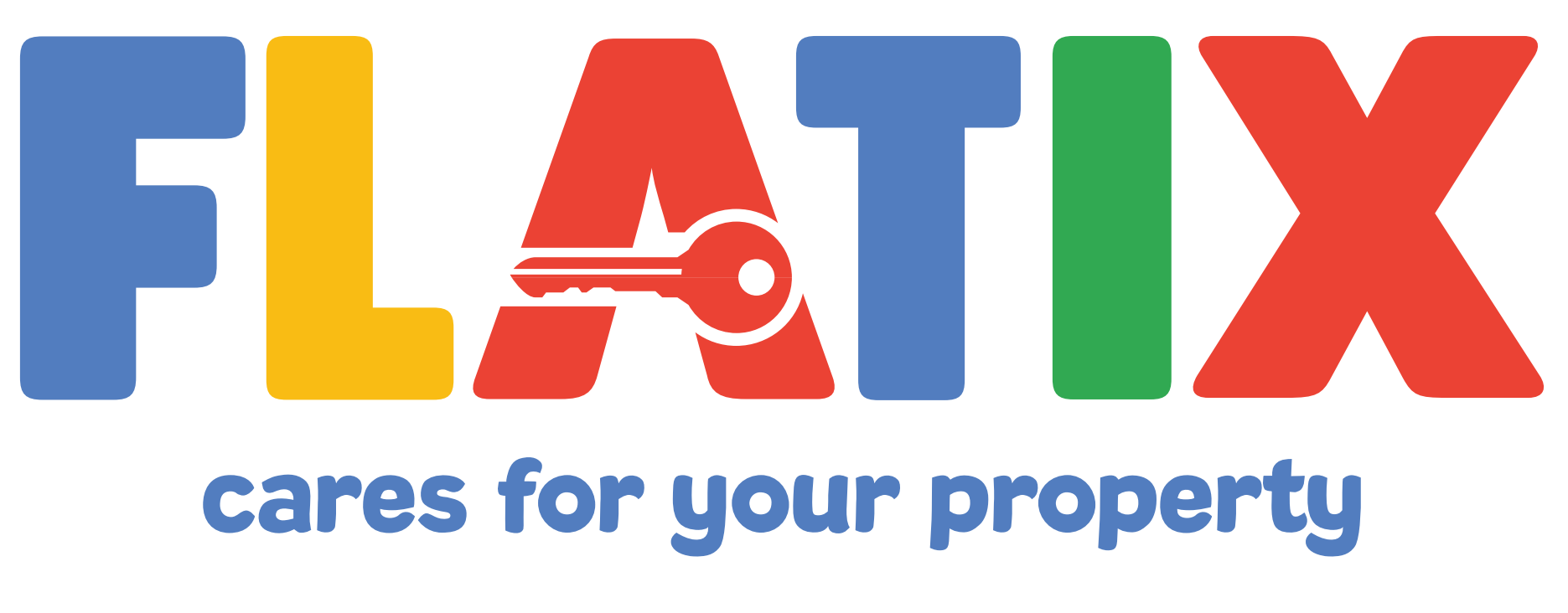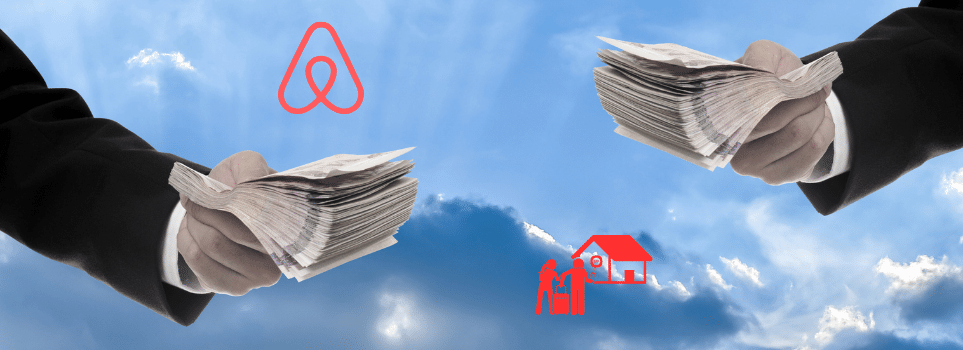The sharing economy is defined as the sharing of items such as goods, clothing, vehicles, and properties like houses. While some interpret the concept of sharing as consumption, others view it as a form of gift exchange, and some consider it entrepreneurship. Some have also emphasized that the essence of sharing is mutual interaction. In this interaction, the property owner initiates an economic action by making their property available for sharing. The party renting out the property gains an economic income, while the one renting it benefits from savings. The concept of speed has accelerated the numerical change in the sharing economy in our lives. On a global scale, the sharing economy reached a size of $110 billion in 2016. A report prepared for 2025 drew attention to a $500 billion economic expectation for the European Union region.
1. Usage according to need, preventing waste, reducing environmental pollution, mitigating the deepening of the climate crisis, and reducing energy consumption.
2. Ensuring that one's primary occupation does not hinder them from engaging in a secondary job. For example, a property owner who is a doctor can economically benefit by renting their property to a corporate entity without consuming excessive energy.
3. A decrease in production volume and reduced resource usage will lead to the preservation of natural resources.
4. It contributes to the opening of new job opportunities and supports the institutionalization of intermediaries, ultimately reducing the unemployment rate.
One of the significant components of the sharing economy is undoubtedly the Airbnb platform. In numerical terms, if we were to express it, Airbnb has facilitated over 1 billion accommodation reservations worldwide and has more than 150 million users. Since 2019, its annual net profit resulting from its operations has exceeded $1 billion. In 2019, the economic activity of Airbnb users also surpassed $20 billion annually. The company's current valuation has exceeded the $110 billion mark. Through its activities, Airbnb has become a cornerstone of the sharing economy. The company has restructured its policies in response to global events and maintains a non-profit approach in addition to its revenue-driven activities. For instance, following a tragic incident in 2012, the company initiated non-profit activities thanks to the proposal of a responsible host.
- Lack of Trust
- Depreciation issues or physical risks associated with shared equipment
- Lack of corporate support in the established relationships
- Performance risk (concerns about customers or property owners not meeting expected outcomes)
Airbnb's Perspective on and Actions Against Obstacles to its Activities
Airbnb has taken various steps to remove obstacles to the sharing economy:
• To minimize the lack of trust and concerns of customers making Airbnb reservations, the scope of education provided to hosts has been expanded. They have introduced a comprehensive host guide that includes educational articles and videos for hosting guests. The primary objective here is to make property owners more understandable to the other party and create a sense of trust.
• Through the Airbnb AirCover system, Airbnb offers protection of up to $3 million for property owners in the event of any damage to their property, and it provides liability insurance of up to $1 million for guests in case of injuries or damage to their belongings. This effectively addresses concerns related to physical risks.
• Airbnb has allowed corporate companies and teams providing support to address the lack of host and customer relations. This enables more rational communication and interaction, and the platform has shared articles on this subject. The corporate team manages tasks such as Registration Management, Preparation, Financial Management, and Cleaning, contributing to the overall process.
• Airbnb's high rate of performance and satisfaction feedback positively influences customer and property owner performance expectations. In 2016, 60% of Airbnb users reported being highly satisfied, while 32% of the remaining 40% expressed some level of satisfaction. 7% remained neutral, and 1% reported dissatisfaction.


